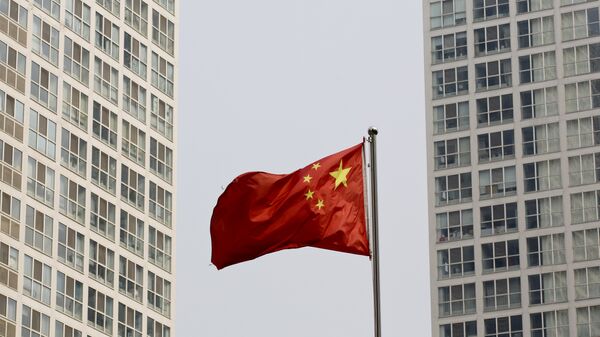Sputnik: Recently China has moved to cut tariffs for some Asian countries, what do you make of this move? And what do you think is behind it?
Loren Puette: First off, it's been a move long and coming, so it's a bit of a coincidence that it occurs right at the moment when China and the US are on the brink of a trade war, but this APTA – Asia-Pacific Trade Agreement – as I mentioned, it's just a long time coming. A lot of the cuts on tariffs focus on machinery, steel, coal, industrial products, which the US has sought to increase tariffs on coming into their country, so in a way it's to mitigate this effect. But the countries involved – India, Bangladesh, Laos, South Korea – it's questionable how much of an effect this will have, because the US is a major market and China cannot just pick up the slack with these countries immediately; so it's an incremental change and sure enough there will be more on the horizon.
READ MORE: India Changing Attitude Toward China, Stops to Look Back at US — Analyst
Sputnik: Do you see China looking westward for additional trade partnerships?
Loren Puette: My background specifically is in agricultural markets, in terms of looking westward, they could look to Kazakhstan, to Ukraine. In general the largest exports from the US to China, after aircraft and machinery parts, is soybeans and agricultural products. Countries that can potentially fill this gap primarily are Ukraine and they're looking to be involved in the Silk Road initiative, they're holding talks, it's ongoing. They produce a fair amount of corn, not so much soybeans, which is what China imports from the US, but there has been a lot of movement in the Black Sea region. Cofco, which is essentially the national agribusiness company of China, they've been making heavy investments into the Black Sea region, they own a few terminals, they've set up a major terminal in 2016, so they're definitely looking westwards, but this is still not enough to bridge the gap that is being created right now with this potential trade war.
The views expressed in this article are those of the speaker, and do not necessarily reflect those of Sputnik.



